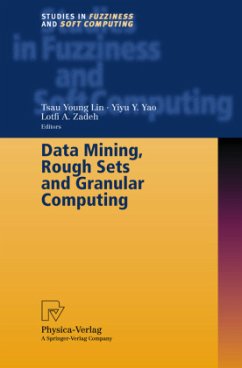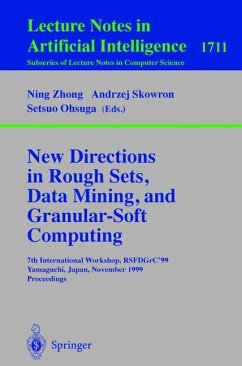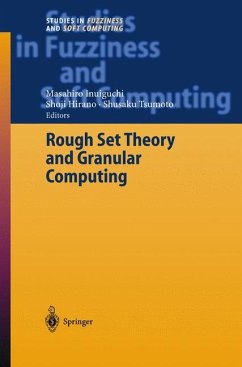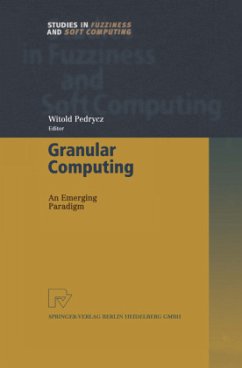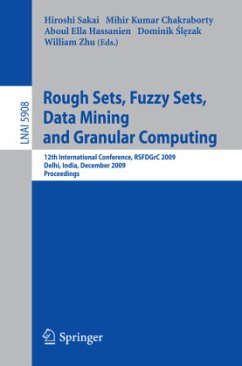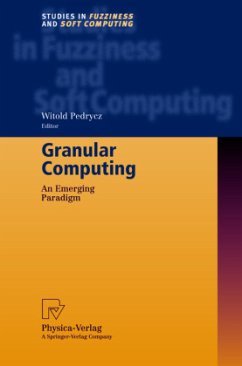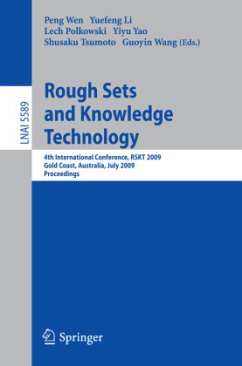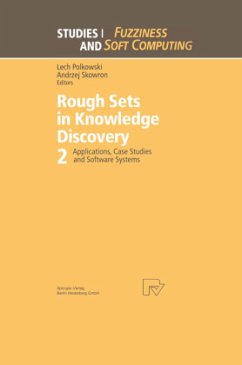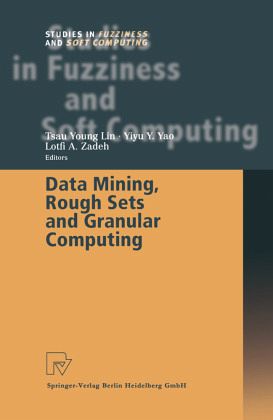
Data Mining, Rough Sets and Granular Computing
Versandkostenfrei!
Versandfertig in 6-10 Tagen
113,99 €
inkl. MwSt.

PAYBACK Punkte
57 °P sammeln!
During the past few years, data mining has grown rapidly in visibility and importance within information processing and decision analysis. This is par ticularly true in the realm of e-commerce, where data mining is moving from a "nice-to-have" to a "must-have" status. In a different though related context, a new computing methodology called granular computing is emerging as a powerful tool for the conception, analysis and design of information/intelligent systems. In essence, data mining deals with summarization of information which is resident in large data sets, while granular computing play...
During the past few years, data mining has grown rapidly in visibility and importance within information processing and decision analysis. This is par ticularly true in the realm of e-commerce, where data mining is moving from a "nice-to-have" to a "must-have" status. In a different though related context, a new computing methodology called granular computing is emerging as a powerful tool for the conception, analysis and design of information/intelligent systems. In essence, data mining deals with summarization of information which is resident in large data sets, while granular computing plays a key role in the summarization process by draw ing together points (objects) which are related through similarity, proximity or functionality. In this perspective, granular computing has a position of centrality in data mining. Another methodology which has high relevance to data mining and plays a central role in this volume is that of rough set theory. Basically, rough set theory may beviewed as a branch of granular computing. However, its applications to data mining have predated that of granular computing.





